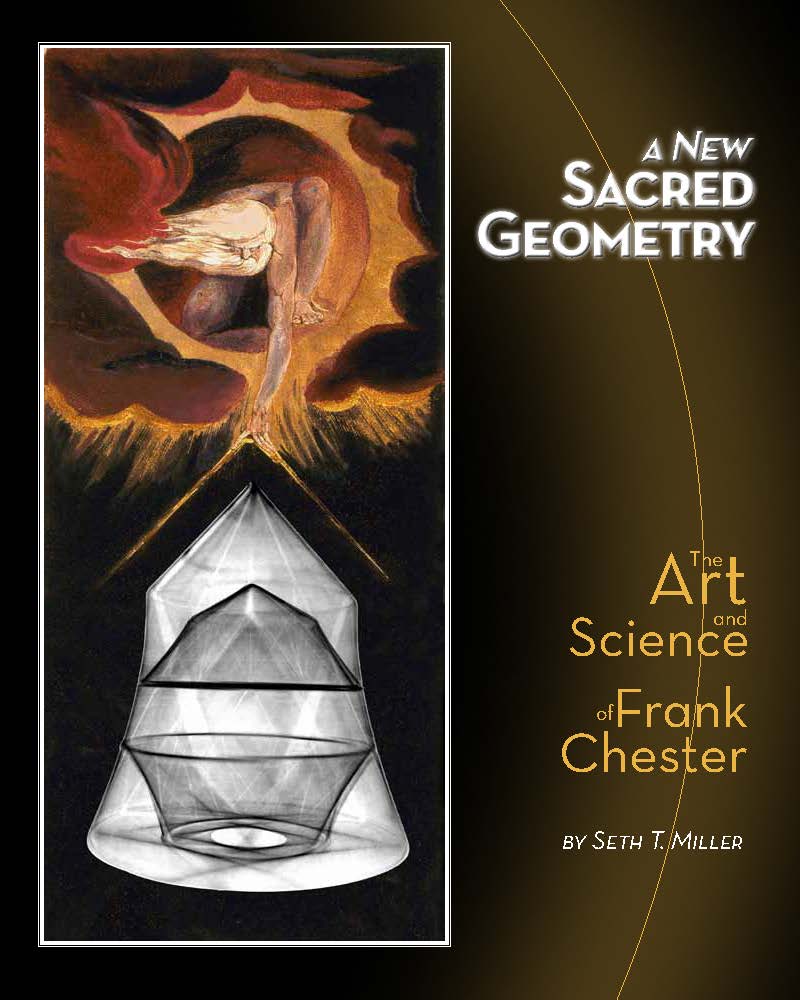Mar
06
2009
Basarab Nicolescu is a physicist and proponent of transdisciplinarity. In the book of the same name (which he edited), he speaks of multiple "levels of Reality", which are accompanied by multiple "levels of perception". These two complementary duals form, on the one hand, what he calls the "transdisciplinary object" and on the other the...
Mar
04
2009
I wonder about the extent to which dichotomous thinking is either hard-wired or at least dependent on completely non-social forces. It seems almost to be a thermodynamic question, that is, a question of trying to optimize the amount of energy spent in thinking for a given situation. Thinking is a very expensive activity, physiologically...
Mar
01
2009
As a philosopher and an educator, I enjoyed Wilshire's book. Quite a number of his experiences parallel my own with regards to teaching and the self-reflective processing and mulling over the 'educational act'. I felt very at home with a number of his statements, like "we arrive at the capital feature of the educating...
Feb
23
2009
Did you know that your eye is related to the pinhole camera?
Light enters through the pupil of the eye, and a tiny image of the outside world fans out across the back of the eye, on the retina. If you have an extremely dark room that has a window to the outside world, try...
Feb
21
2009
It's quite a dilemma - not being able to directly check much of what we are exposed to and presented as 'knowledge'. Unless we begin to discover our own ways of knowing (a very difficult proposition, but I think possible), then we likely remain wanderers in the fog of our own (and other's) unconsciousness....
Feb
19
2009
Our experience of ourselves is in many ways completely mediated by aspects which are located beyond the normal boundary of the "I". I'd like to offer one possible way of looking at the issue.
I approach this question concerning the boudaries of the "I" by taking into account the transformations of the "I" as...
Feb
15
2009
Alfonso Montuori, one of my professors at CIIS, has identified three styles, or modes, of learning, which he calls the narcissistic, the reproductive, and the creative.
From his article, The Quest for a New Education, From Oppositional Identities to Creative Inquiry, narcissistic learning is "an approach to education that sees the source of knowledge as...
Feb
13
2009
The role of destruction, and of the working out of polarities, is a subject that has been dealt with an the alchemical tradition for a very long time. Alchemically, it is understood that the issue you are dealing with, in which you find yourself (the prima materia) MUST go through a process of putrefaction, of...
Feb
11
2009
There are some things about creativity that have been on my mind. I have been trying to hone in on the qualitative experience of the creative moment... what does it feel like to be creative? What kinds of qualities distinguish the feeling of being creative from other types of feelings, like the feeling of 'producing',...
Feb
09
2009
'Higher' is not intrinsically special by itself. Absent movement, and continuous transformation between higher and lower and lower and higher, higher becomes an irrelevant abstraction. But when experience directs us along a particular path, opens new vistas while closing and modifying others, punctuates contexts with more effective inclusivity, and actuates/accentuates the development of new...
Feb
05
2009
We must be capable BOTH of forming models AND of dissolving them. We shouldn't either become model-less, nor bound by any model, including the one you are proposing.
Tensions must be maintained. Tensions must collapse. Tensions must be created.
Tensions are maintained. Tensions collapse. Tensions create.
Maintain tension. Collapse tension....


